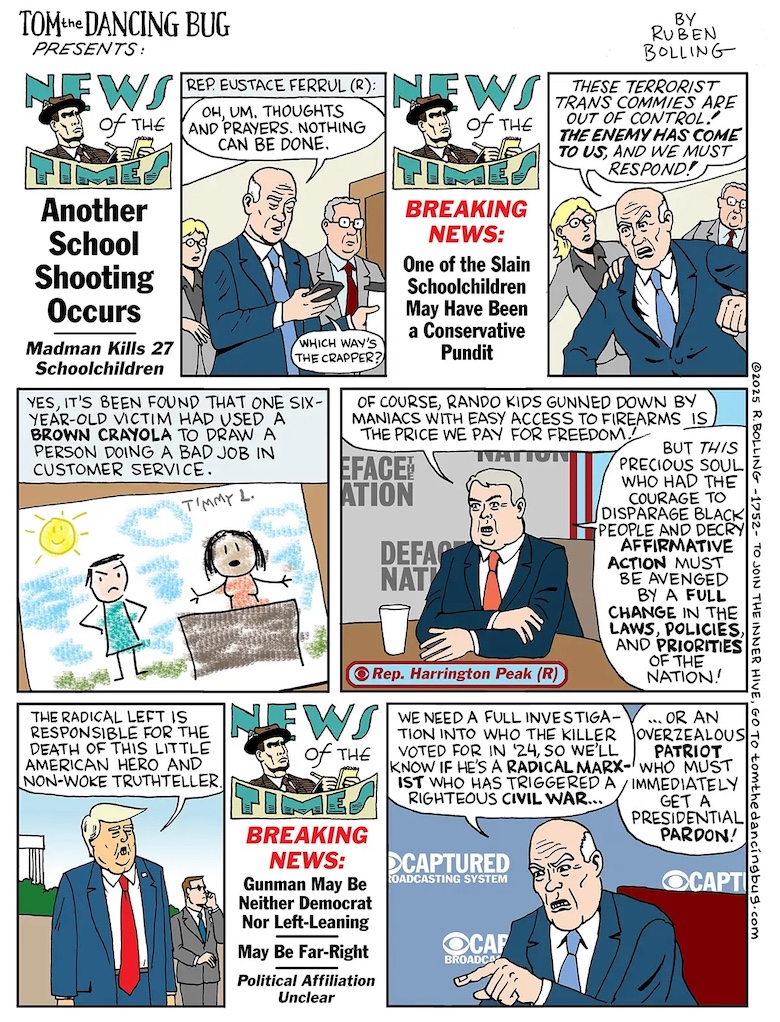I do not follow this game except for passing glances at headlines but was under the impression that decorum among players and spectators was highly valued, at least in public. Even TV commentators would theatrically resort to hushed voices whenever a player was about to hit a shot, even though they were nowhere near the action and could not disturb the player even if they shouted. I remember the fuss some years ago when some wag among the spectators would shout “You da man!” at key moments in major tournaments when a player was about to hit the ball, much to the discomfiture of players and officials who could not locate him.
The usual competitive ugliness that is endemic to most sports would take place behind the scenes in golf. Hence I was surprised to see this report of spectators at the Ryder Cup match between the US and Europe, taking place this weekend in the US, making rude chants at a European player. What surprised me even more is the tone of the article suggested that this was no longer considered that shocking.
[Read more…]

